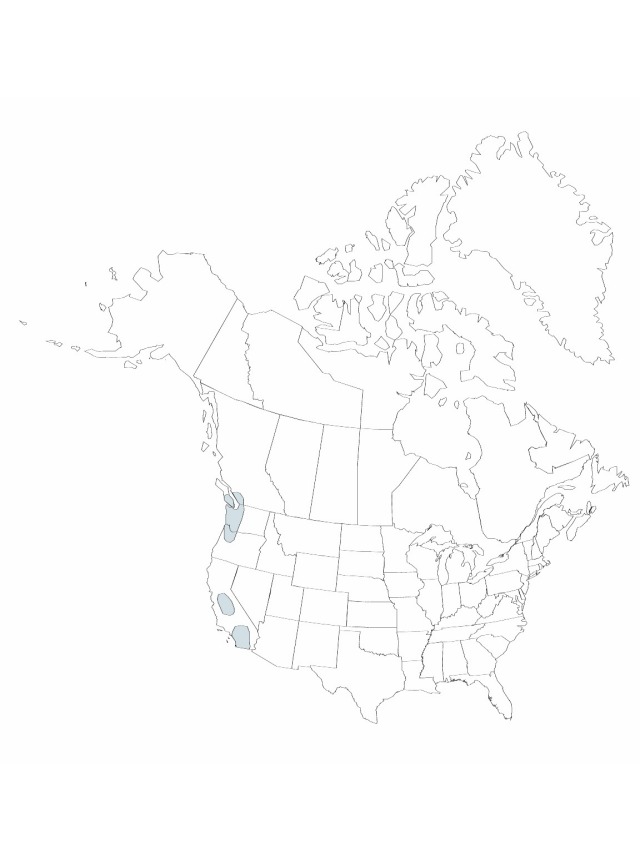Difference between revisions of "Juncus oxymeris"
2:483. 1868.
FNA>Volume Importer |
FNA>Volume Importer |
||
| Line 6: | Line 6: | ||
|year=1868 | |year=1868 | ||
}} | }} | ||
| − | |basionyms={{Treatment/ID/ | + | |basionyms={{Treatment/ID/Basionym |
|name=Juncus acutiflorus | |name=Juncus acutiflorus | ||
|authority=Bentham | |authority=Bentham | ||
| + | |publication_title= | ||
| + | |publication_place= | ||
}} | }} | ||
|synonyms= | |synonyms= | ||
| Line 49: | Line 51: | ||
|publication year=1868 | |publication year=1868 | ||
|special status= | |special status= | ||
| − | |source xml=https://jpend@bitbucket.org/aafc-mbb/fna-data-curation.git/src/ | + | |source xml=https://jpend@bitbucket.org/aafc-mbb/fna-data-curation.git/src/f6b125a955440c0872999024f038d74684f65921/coarse_grained_fna_xml/V22/V22_234.xml |
|genus=Juncus | |genus=Juncus | ||
|subgenus=Juncus subg. Ensifolii | |subgenus=Juncus subg. Ensifolii | ||
Revision as of 19:02, 24 September 2019
Herbs, perennial, rhizomatous, 3–6 dm. Rhizomes 1–2 mm diam. Culms erect, 2–4 mm diam. Cataphylls 0–1, straw-colored, apex narrowly acute. Leaves: basal 1–3, cauline 3–4, straw-colored; auricles absent; blade 3–20 cm × 3–7 mm. Inflorescences panicles of 10–50 heads, 6–20 cm, erect to ascending branches; primary bract erect; heads 3–11-flowered, turbinate to hemispheric, 4–8 mm diam. Flowers: tepals straw-colored, lanceolate, 2.5–3.2 mm, nearly equal, apex acute to narrowly acuminate, mucronate; stamens 6, anthers 0.5–1.5 times length of filaments. Capsules exserted, chestnut brown, 1-locular, broadly lanceoloid to narrowly oblong, 3.3–4.7 mm, apex tapering to beak, separating at dehiscence. Seeds obovoid, 0.5 mm, not tailed.
Phenology: Fruiting late spring–fall.
Habitat: Stream and lake shores, montane meadows and seasonally emergent wetlands
Elevation: 100–2000 m
Distribution

B.C., Calif., Oreg., Wash.
Discussion
Juncus oxymeris should be expected in Mexico (Baja California).
Selected References
None.